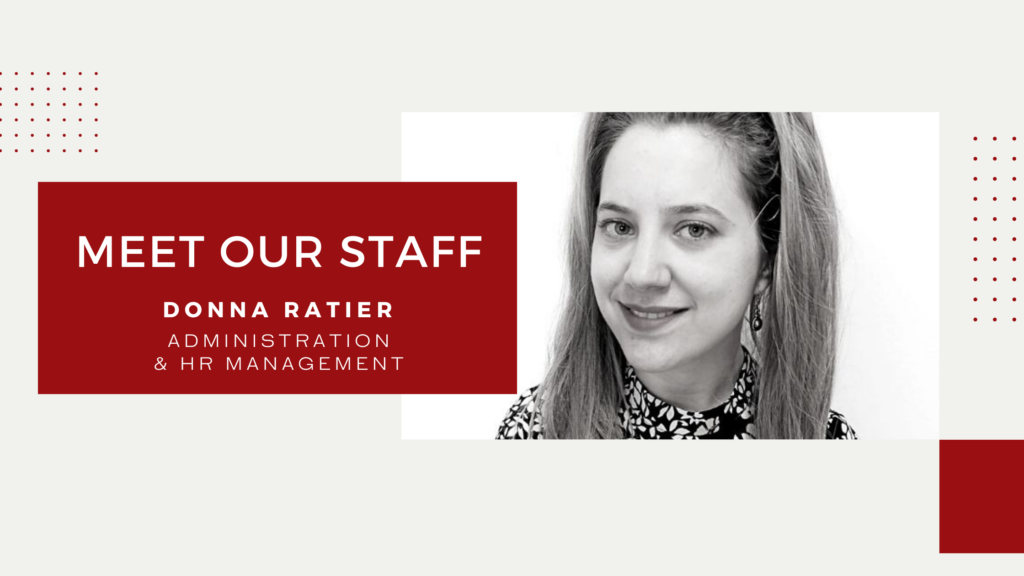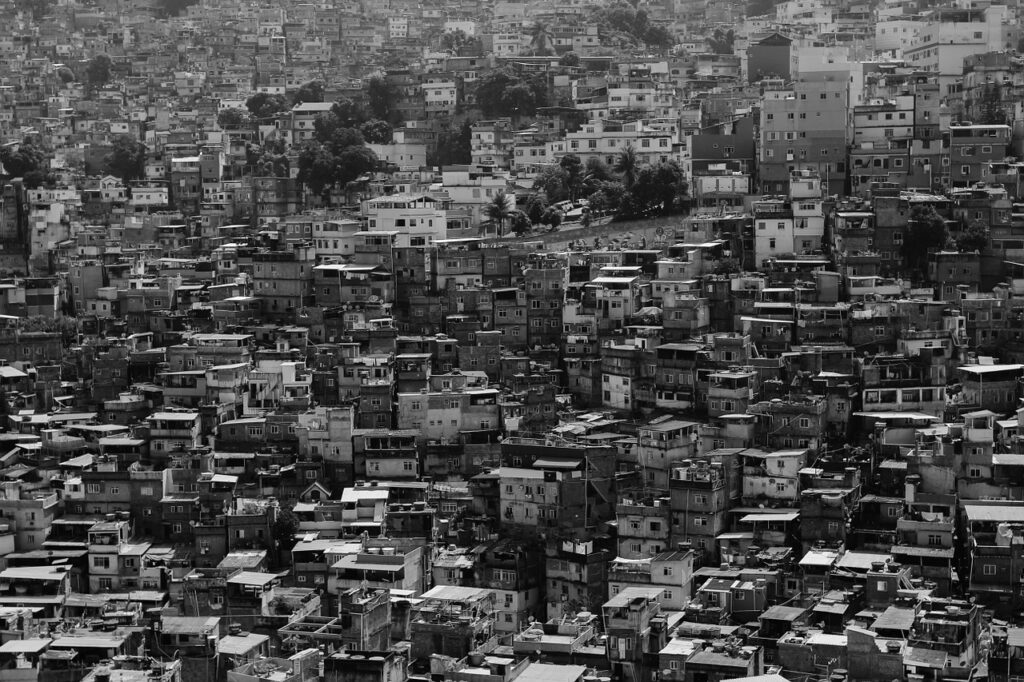Also today we present to you a member of our staff, who with her work is a strategic point of Social Change School.
Donna Ratier is our Administration and HR Manager. After graduating in Law, she became a lawyer, specializing in animal rights and penal law, while working in the field of administration and finance in different countries during her studies. She has always been very committed to helping others, starting volunteering when she was only sixteen, working for animals, helping children in danger of social exclusion or people with autism spectrum disorder.
“As a worker in the HR-Admin and CDS department I have a different vision from the students. But what I like most from this School is that even I am in the Administration department most of the time, I am part of the team, part of each intake” said Donna when we asked her what she likes most of Social Change School.
From your point of view, how is Social Change School close to the students?We have into account the personal and professional circumstances of the students. This is very special from this School as the rest of the organizations don´t want to spend the time listening to their students, and they are just numbers. In this School, even the administration knows the students, and listen to them. So already from the first call, we try to understand them and trace a plan for them.
What career support and networking opportunities are available to students pursuing a Master’s degree in international cooperation?
During the Master we prepare them some tests, personal and professional tests, so we know them better and they can know themselves too. With these innovative tests we can keep looking for their best opportunities, and they will know what do they need to improve, always in a very objective point of view and never judging.
The School offers different paths. When the student has finished the Master, we offer:
- Field Training Period.
- Project Work.
- Go to Work.
This is because we admit all kind of students, some of them have a very junior profile, so the Field Training Period would be the best option, and others have a very senior profile, which in this case, the best option would be Go to Work. There are others students that are already working, and they can´t or they don´t want to stop what they are doing, so Project Work is a good opportunity.
What advice would you give to students who are passionate about making a positive impact on the world and considering pursuing a Master’s degree in international cooperation?
My advice would be that the best way to make a positive impact is know yourself, in a very objective way, without judging you and try to improve, not just professional career, but also your personal life. We aren´t perfect, but knowing this is a big step to make us better in every way.



